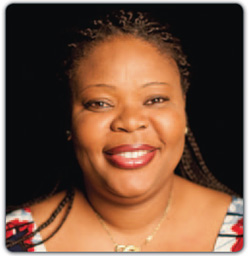Bridgefolk participant Julia Smucker recently posted the following reflection on the blog site Vox Nova.
One year ago, following about six years of will-I-won’t-I agonizing, I finally made it all the way into the Catholic Church. In my ongoing immersion into the Catholic world before and since (call it mystagogy, call it acculturation), I have observed a number of interesting patterns I might characterize as quintessentially Catholic ways of thinking. Of course, this is emphatically not to say that all Catholics think alike – we’re as far spread all over the map as anybody, to be sure. And I am more and more convinced that there is no such thing as a typical Catholic. And yet, paradoxically, there are certain recognizable tendencies I’ve picked up in this oddly fascinating process of developing a Catholic mind, several of which, I find, seem to suit me surprisingly well. Here are a few of those tendencies as observed after a year of being Catholic. Continue reading ““Contours of the Catholic Mind” by Julia Smucker”



 I belong to a Mennonite-Catholic dialogue group which meets several times a year. Our assignment for this week’s meeting was a personal reflection on the Beatitudes, broadly, and then more specifically, in choosing one beatitude we were particularly “attracted” to at this point — in not more than seven minutes each! The contributions were varied, and all interesting. This was mine:
I belong to a Mennonite-Catholic dialogue group which meets several times a year. Our assignment for this week’s meeting was a personal reflection on the Beatitudes, broadly, and then more specifically, in choosing one beatitude we were particularly “attracted” to at this point — in not more than seven minutes each! The contributions were varied, and all interesting. This was mine: